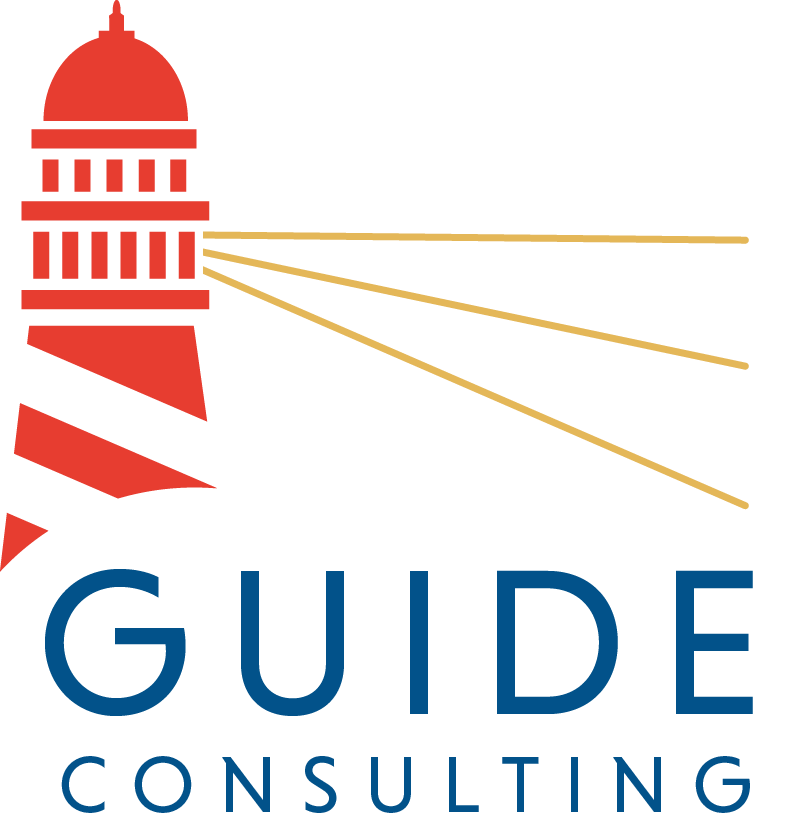Politico Highlights Part 2 Overhaul Efforts
New year brings new push to overhaul patient privacy rule
By Darius Tahir
02/21/2019 04:44 PM EDT
Advocates for a privacy rule overhaul that would make it easier to share a patient's substance use treatment records are hoping the Trump administration will take action where Congress failed.
The advocates — including a cross-section of health groups, from the American Hospital Association to the American Society of Addiction Medicine — want to change 42 CFR Part 2, a 1970s-era law mandating explicit patient consent each time the records are shared with anyone.
The groups believe the law is cumbersome and ineffective at protecting patient privacy. Changing it could make it easier to detect and coordinate care for patients suffering in the enormous opioid epidemic, they say.
A legislative effort to change Part 2 fell short in the previous Congress. The bill (H.R. 6082 (115)) passed the House by a comfortable margin, but was never considered by the Senate. Advocates for the bill felt the intervention of the AMA, and persistent concerns from some powerful congressional Democrats, stymied the effort.
This year they're hoping to win changes at the administrative level. "We feel pretty confident that this administration is frustrated with the barriers to coordination for patients suffering with substance use disorder," said Duanne Pearson, senior director of federal affairs at Premier. "They are looking at every avenue to tackle care coordination."
"HHS has indicated that Part 2 reform is the final part of the regulatory sprint," agreed Rebecca Klein, director of government affairs at the Association for Behavioral Health and Wellness, which represents insurers.
HHS is expected soon to issue a request for information, which could lead to a rulemaking, Klein indicated during a press call held by the Partnership to Amend 42 CFR Part 2, an umbrella group.
Members of Congress have joined the effort. West Virginia's senators are circulating a "Dear Colleague" letter urging HHS to initiate rulemaking on Part 2, saying its provisions are "not compatible with the way health care is delivered currently." A spokesperson for Sen. Joe Manchin (D-W. Va.) said the letter is expected to go out next week with a list of co-signers.
In recent years, the department has twice conducted Part 2 rulemakings. Those efforts produced only minor changes, Klein said. But the department may have further room for maneuver.
While rulemakers "can't entirely abandon the idea of the statute," said Kirk Nahra, a privacy lawyer at Wiley Rein, "there are enormous parts of the existing regulations that didn't have to be written the way they're written."
Nahra argues that the substance use treatment data has special status: no other type of health care information receives such protection.
Privacy hawks believe the rule's protections are justified, given the stigma and societal penalties associated with substance use. But there are other, less protected medical conditions with stigma, such as sexually transmitted infections.
"It is a very tricky balance," said Lucia Savage, chief privacy and regulatory officer for Omada Health. "The opioid crisis is severe, but the rationale behind the statute's guarantee of confidentiality unless the individual consents, remains: people who are in recovery or who suffer from substance use disorder want to control who knows about this to protect their families, their jobs, their finances, and their very lives from health status discrimination or being criminalized for addiction."
Pearson argues that treating substance use data the same as other medical records, while still banning its use in criminal or civil proceedings, would be the best solution. Enforcement of violations of Part 2 have been minimal. By contrast, the HHS Office for Civil Rights' enforcement of HIPAA violations has been comparatively robust.
Advocates of Part 2 reform also say it would make it easier for medical systems to expand into addiction treatment by making data sharing easier. "Part 2 is unimplementable in an integrated setting," said Corey Waller, chair of the American Society for Addiction Medicine's legislative committee.
Whatever the results of rulemaking, "the best avenue forward would be the legislation," Pearson said.
The flip of the House makes that less likely, however. Rep. Frank Pallone, the new chairman of the House Energy and Commerce Committee, which has jurisdiction over the bill, voted against it last year. A spokesperson for the committee had no update on Pallone's position.
A spokesperson for Rep. Markwayne Mullin (R-Okla.), a legislative ringleader of Part 2 overhaul, said he would wait for any HHS rulemaking before deciding on a legislative strategy.
"If the administration drops a new rule" with significant changes in it, "I think people will come to the table on legislation," Pearson said.

